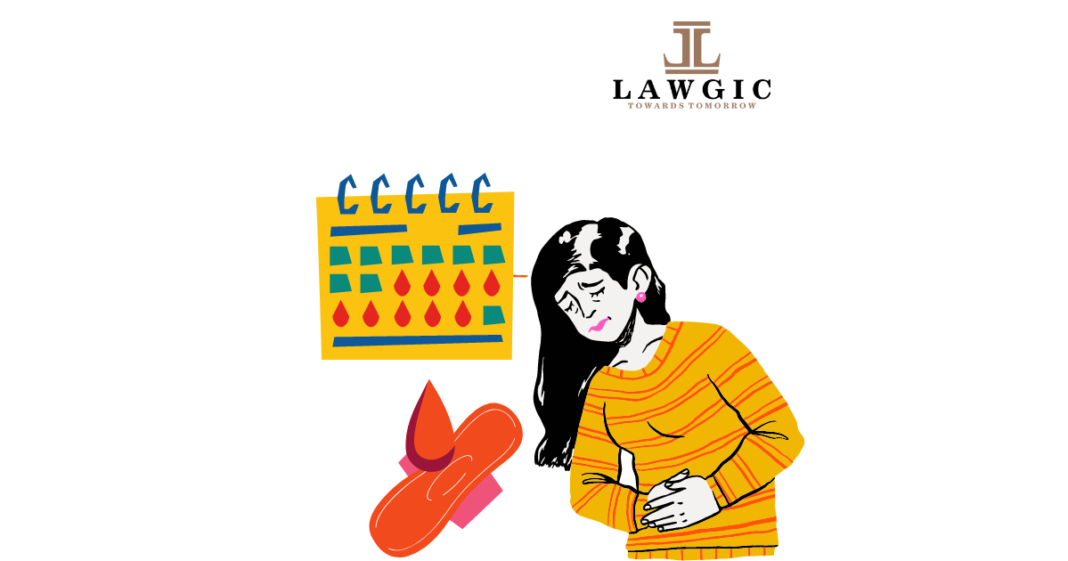Case Title: Shailendra vs. UoI
While refusing to entertain a Public Interest Litigation which sought direction for allowing monthly leave for female students and working women at their respective workplaces during their menstrual period, the Supreme Court today directed the petitioner to approach the Ministry of Women and Child Development.
“The petitioner may approach the Women and Child Ministry to file a representation, as this falls under policy domain”, observed a CJI Chandrachud led bench.
The petition, filed by Delhi resident Shailendra Mani Tripathi, has sought a direction to the Centre and all the states for compliance of section 14 of the Maternity Benefit Act, 1961.
Section 14 of the Act deals with the appointment of inspectors and says the appropriate government may appoint such officers and may define the local limits of jurisdiction within which they shall exercise their functions under this law.
The petition had been filed alleging that despite making all the provisions in the law to take care of women in difficult stages of their maternity, the very first stage of the maternity, the menstrual period has been knowingly or unknowingly ignored by the society.
“Only women are empowered to propagate the human race on earth with their special ability of creation of human life, which we commonly call maternity. During different parts or stages of maternity, women undergo a number of physical and mental hardships, be it undergoing menstrual period, pregnancy, miscarriage or any medical complications related to these stages of maternity”, the plea added.
Accordingly, the plea stated that in these stages menstrual period is the genus, and pregnancy, miscarriage, etc. are the species, which definitely need the first attention of society and the legislature.
It was further argued that Bihar is the only state in India which had been providing two days of special menstrual pain leave to women since 1992 through its Human Resources. “In 1912, the Government Girls School in Tripunithura, located in the erstwhile princely state of Cochin (present Ernakulam district), had allowed students to take ‘period leave’ during the time of their annual examination and permitted them to write it later,” the plea reads.
Additionally, the Indian food delivery service Zomato’s decision to give female employees up to 10 days of period leave per year triggered a massive discussion about menstrual health and gender equality, the plea added.
When the matter was taken up by the bench also comprising Justices PS Narasimha, and JB Pardiwala, an intervenor submitted before the bench that allowing menstrual leave might discourage employers from employing women.
Agreeing with the submission, CJI remarked that it was true that if employers were compelled to grant menstrual leave, it may disincentivize them from hiring women at all.
In conclusion, the bench refused to hear the plea as it fell under the policy domain.
Story Update By: Ms. Sai Sushmitha, Correspondent at Lawgic
Edited By: Ms. Nandini Nair, Content-Head at Lawgic


